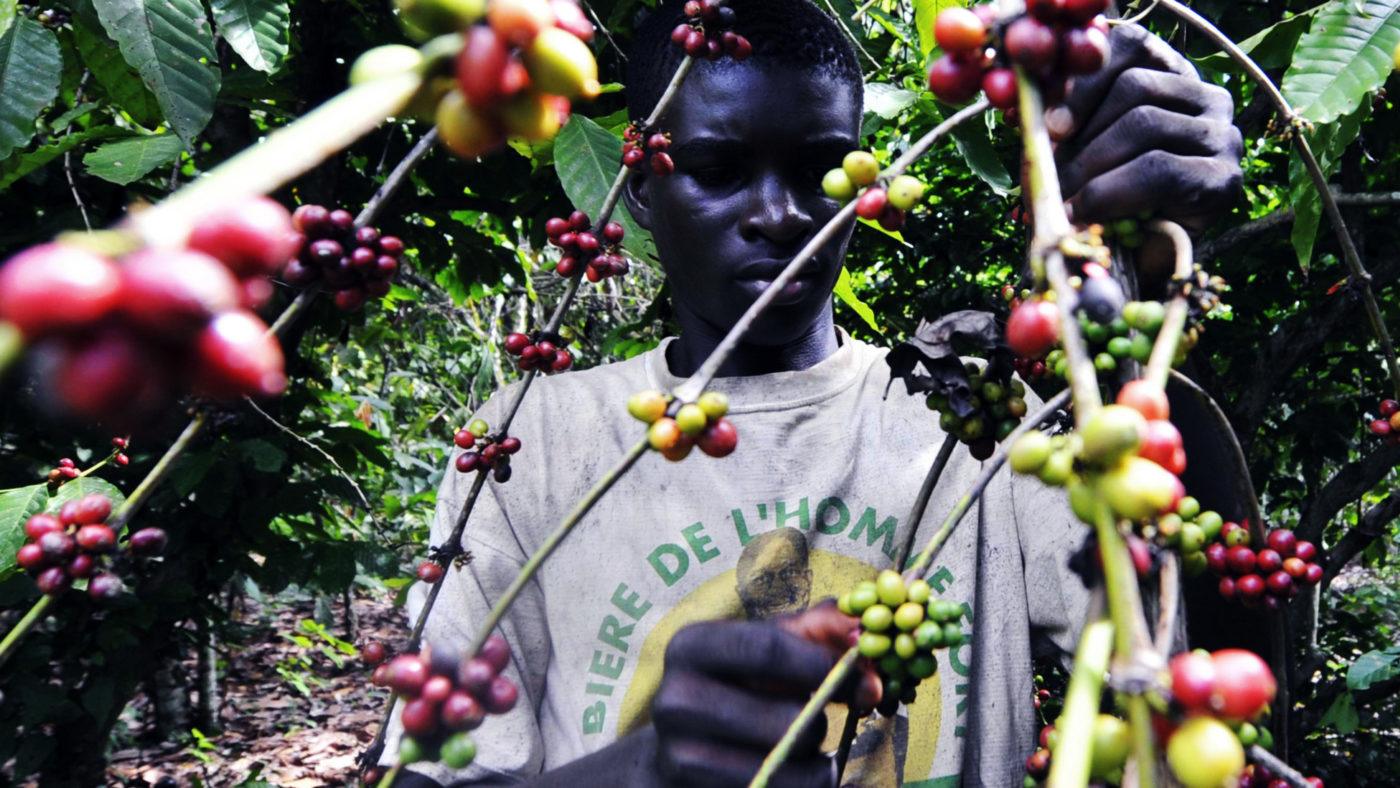In the run-up to the Brexit negotiations there were numerous calls for the Government to confirm that the rights of EU citizens living and working in the UK would be secure. With talks now officially underway the Government has moved to address this with a “big and generous” offer according to Number 10 – or something “vague and pathetic” according to some of those on the EU side.
Less widely reported, but just as important, was another announcement last week that the UK will maintain EU free trade deals with the 48 nations of the Least Developed Countries Index, ensuring that poor producers will not have to pay import tariffs in the UK after Brexit.
This is good news for British consumers; the £19.2 billion of goods from these 48 countries includes 79 per cent of the tea consumed in Britain, 45 per cent of our textile imports and 22 per cent of our coffee.
Like the EU citizens who have been left with uncertain futures while their status remains up in the air, millions of producers who rely on trade with the UK have also been left in limbo worrying that a slew of new taxes could imperil their livelihoods. Thankfully, for those in the very poorest countries at least, they shouldn’t be left worse off by Brexit.
But we should be setting our sights far higher than just ensuring no harm is done; we have an opportunity to improve the EU and make the case for the transformational, poverty-busting power of trade.
For starters, why limit the tariff free arrangements to just these 48? There are plenty of countries, such as Kenya, that sit outside the least developed countries category but still suffer from deprivation while also playing an important role in the economic development of the surrounding region.
Secondly, Liam Fox should use his post-Brexit trade powers to end the harmful EU tariffs on higher value processed products; these effectively work to keep poor countries poor and actively stunts their development. For example, in 2014 the entire continent of Africa earned $2.4 billion from its abundant supply of coffee, while Germany, not known for its coffee plantations, raked in $3.8 billion by processing raw coffee and re-exporting it.
Imagine the potential benefit to African farmers if they could get a piece of the action and compete with the German processors. But the EU imposes a 7.5 per cent tariff on imported roasted coffee, yet nothing on the less valuable, raw green coffee. No wonder the vast amount of African coffee imported into the EU is the cheaper unroasted variety.
This colonial approach, which treats poorer nations as sources of raw material, disincentivises the development of greater profit-making industries which would be a powerful driver of prosperity. It suppresses technological innovation, deters outside investment, hurts employment and prevents business knowledge and skills from spreading into other sectors of the national economy.
But the UK now has the power to expose this cruel treatment by scrapping these regressive taxes and allowing enterprising producers in poor countries to compete on a level playing field. Not only would it liberate those currently under the jackboot of EU tariffs, it would also lead to greater choice for UK consumers as new products from around the world found their way to market and cheaper prices through both the freedom from import duties and greater competition.
The EU likes to burnish its progressive credentials, but if we take back control of our trade laws Britain can become a world leader in the emancipation of the world’s poor and use Brexit as a force for global good.


